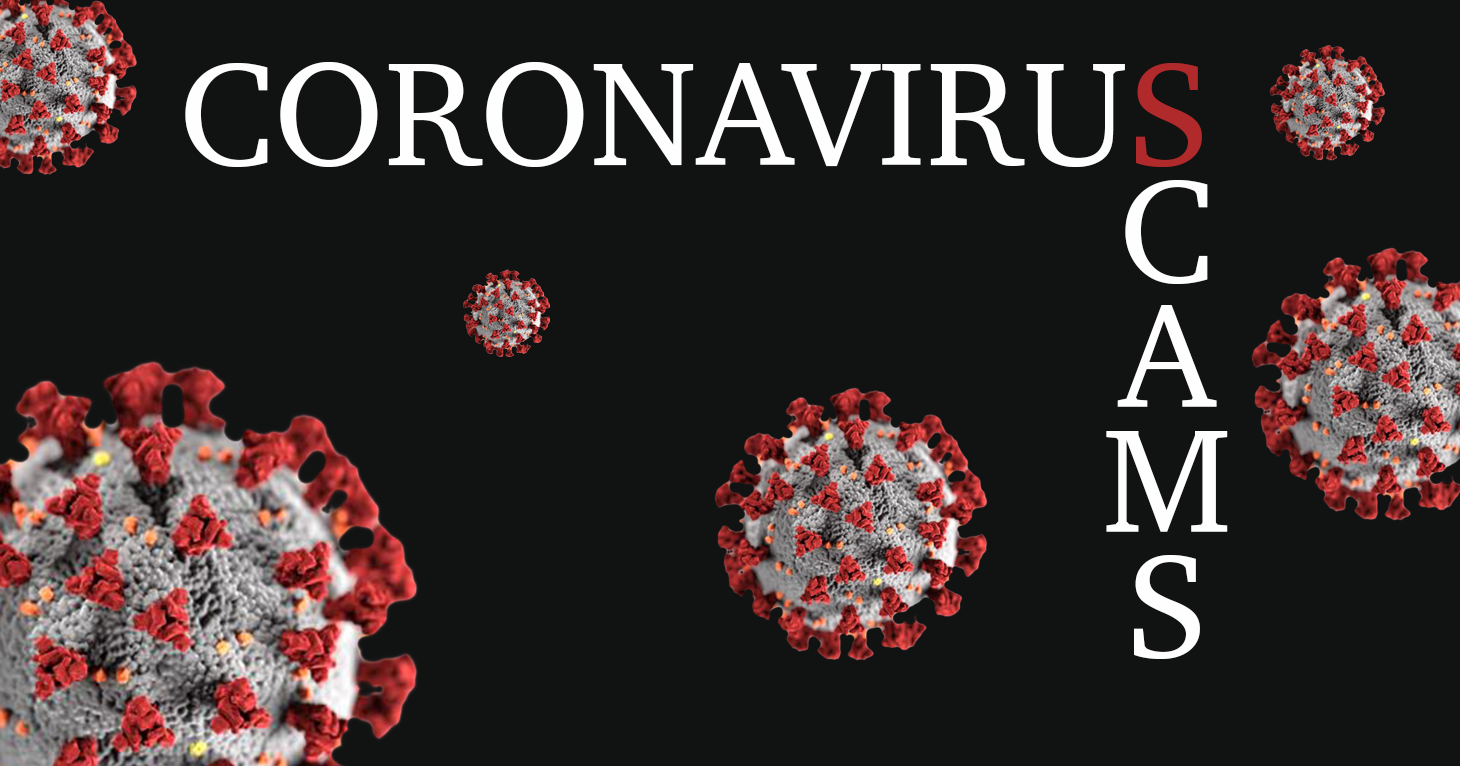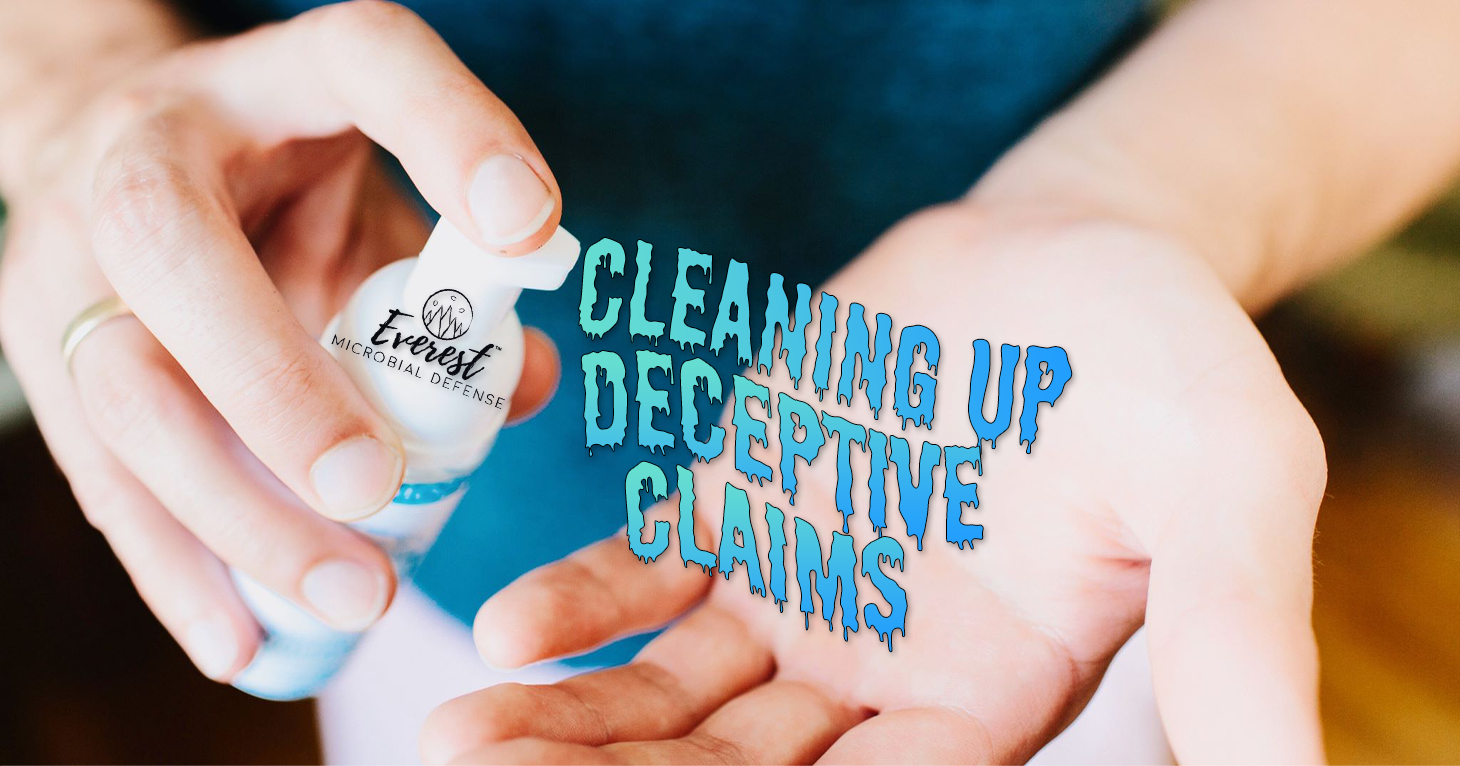
A Growing List of Coronavirus Scams
A master list of known and alleged scams.
Why these products may leave you feeling blue.
Are those weekly Zoom calls destroying your skin?
Every time you look at your computer screen, you are exposing your face to blue light, a type of visible, high-energy light that penetrates deeper into the skin than ultraviolet (UV) light emitted by the sun.
But while the health risks associated with overexposure to UV light from the sun are well-documented, the effects of blue light on the skin are still being researched.
The sun also emits blue light and in fact is the largest source of blue light. Other sources include fluorescent and LED light. But when it comes to blue light from screens, the science gets even murkier.
Some dermatologists say there is inconclusive evidence as to whether or not screens can actually produce enough light to cause serious skin damage.
Yet this has not stopped companies from marketing products as able to protect the skin from the purported harms of blue light from various sources, including screens.
MDSolarSciences, for example, in a post on its website recommends adding its Daily Perfecting Moisturizer SPF 30 to your skincare routine after warning about the effects of blue light from “increased screen time.” The company states in the post that:
Early studies have shown a link between blue light and skin damage and suggest that it could be inducing pigmentation – think brown spots, discoloration, melasma, or even photoaging.
But the company does not link to any of the studies it acknowledges are “early,” and doesn’t specify whether those studies looked specifically at blue light from screens or blue light in general.
Moreover, a 2019 study found that exposure to blue light emitted by electronic devices does not worsen skin conditions like melasma. (Regarding conditions like acne, there are FDA-approved treatments that actually use blue light.)
Another skincare company, Goodhabit, claims its Glow Potion Oil Serum “neutralizes the effects of artificial blue light on your skin, while undoing existing damage.” The company does not cite any studies but rather shares the self-reported results of a small consumer survey to back up its health claims, which, according to the FTC, is not sufficient substantiation for health claims.
Yet another company, Skin Authority, claims its mineral sunscreen SkinSuit Face helps to reduce the aging effects of “digital screens,” among other sources of light.
Skin Authority does not provide any scientific data to support its claims on its website but in response to a request for comment, the company cited studies it said “confirm blue light’s harmful effects on skin over time,” including accelerated aging caused by oxidative stress. Skin Authority did not, however, provide those studies to TINA.org.
MDSolarSciences and Goodhabit did not respond to TINA.org’s requests for comment.
The bottom line
If a company is telling you its skincare product (or glasses) will protect you from blue light emitted by electronic devices, proceed with caution. Remember that research into blue light’s impact on the skin is ongoing. Look into the basis for the marketing claims and consider checking with your dermatologist about whether these products are right for you before making a purchase.
Find more of our coverage on skincare here.
A master list of known and alleged scams.
Company had claimed the key ingredient in its “system of protection” was proven to “kill” the coronavirus.
TINA.org investigation also finds sellers using the FDA’s logo in violation of the agency’s logo policy.


